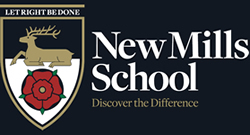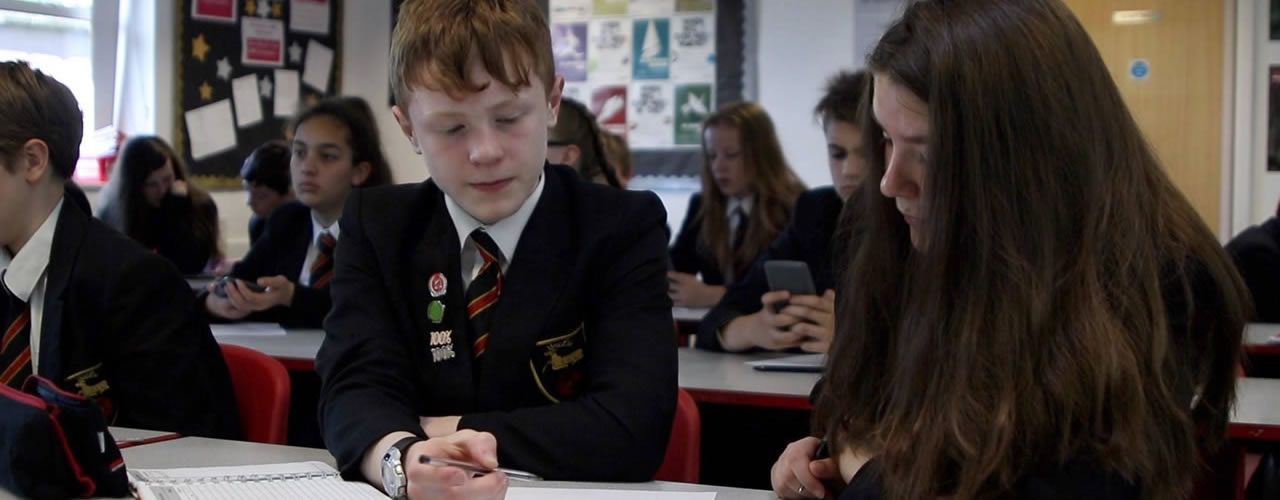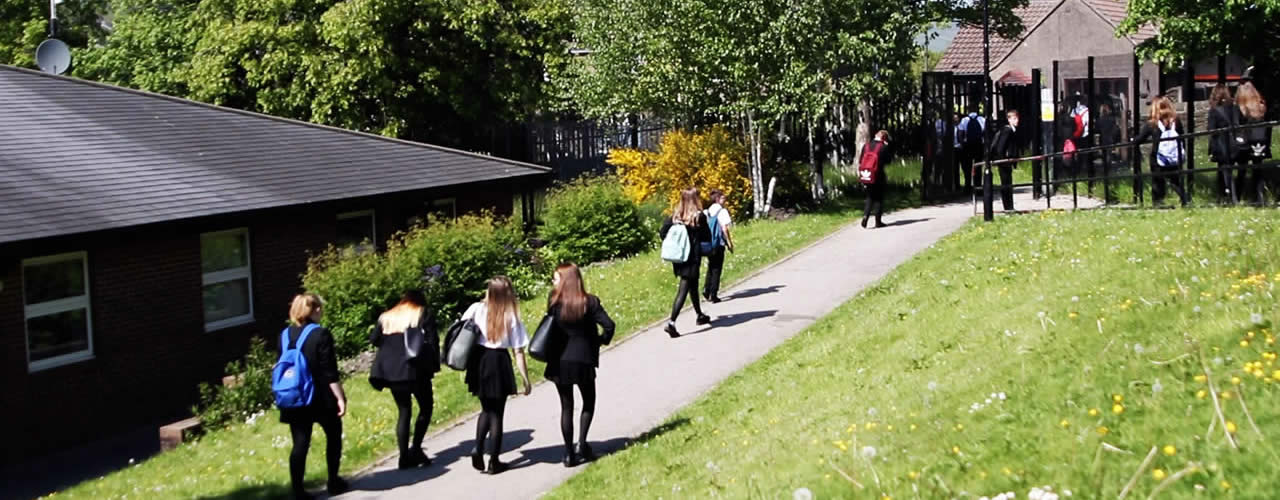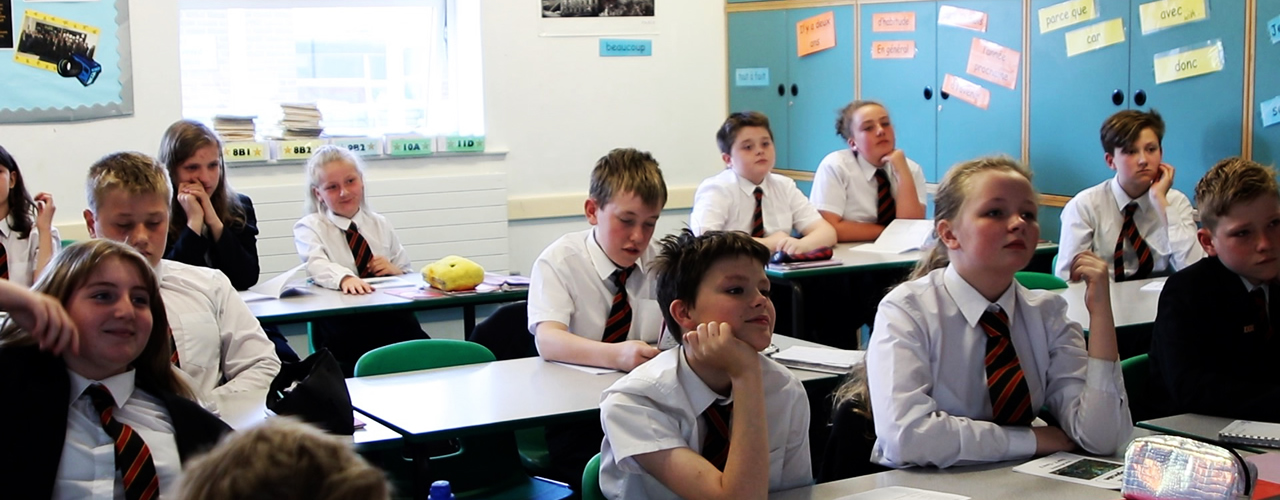Careers
As a school we have a statutory and moral duty to provide students in Years 8 - 11 with information, advice and guidance and this is extended in New Mills School to include Year 7. At New Mills School we believe that quality CEIAG (Careers Education, Information and Guidance) should be available to all students and we are therefore currently working towards the Inspiring IAG Award. Our approach is to view the delivery of CEIAG as both integral and in support of what happens in the classroom. Therefore, we look to link our classroom work to the world of work yet still deliver a standalone programme through tutorials. We also integrate our Financial Literacy Education into our tutorial programme to further our aim of improving student’s self-knowledge, self-esteem and self-confidence, and to prepare them well for life in Modern Britain. We review our provision for careers annually and develop it every year.
All that we do comes under the banner of our SMSC programme (Spiritual, Moral, Social and Cultural provision). Through our form time sessions, Personal Development lesson time, stand alone events, drop down days and outstanding care and guidance we believe that we offer our students a complete pathway from the day that they enter Year 7 until the day that they leave us
Goals
The goals describe the ten opportunities that all young people should have. They should enable young people to make good decisions and take appropriate actions to achieve their full potential.
All young people should have opportunities to:
- Invest in themselves, recognise their own strengths and values, and take responsibility for developing their work readiness skills and behaviours. Self-motivated.
- Have the tools and skills required to present themselves to a future employer. Self-assured.
- Have high aspirations for themselves. Aspirational.
- Understand the opportunities available to them locally and beyond and make realistic choices. Informed.
- Have experiences of work that is rewarding and fulfilling. Experienced.
- Achieve qualifications valued by employers. Achieving.
- Understand that employers want people who will work hard and are accountable for their actions. Accountable.
- Understand that employers want young people who can listen and learn from their successes and their mistakes, and keep going. Resilient.
- Work creatively to achieve their potential and that of the business. Entrepreneurial.
- Have effective communication and co-working skills. Co-operative.
Underpinning Key Principles
- Provision should empower young people to plan and manage their own future.
- The opportunities provided should be relevant to the interests and career plans of each learner
- Provides comprehensive information and advice that encourages students to consider a variety of options
- Experiences should raise aspirations
- Actively promotes equality of opportunity and challenge stereotypes
- Helps young people to progress and to link their skills, achievements and experiences to their future employability
- Future development of the programme should be based on previous evaluation, particularly from the students
Student Entitlement
- Clear advice and information about ALL the options available, so that you understand what they involve
- Support and guidance to help you make choices and complete a career plan for the future
- Regular personal support on information on how well you are doing
- Help to decide what to do when you leave your course, including further learning, training and employment
- A programme of careers education helping you develop skills and knowledge to make choices and the transition to work and learning
- The opportunity to be involved in making decisions about things that effect your learning
- An opportunity to set out an individual learning plan, and
- An opportunity to learn about the world of work
Content
Careers preparation, called Careers Education and Guidance (CEG) is taught to all years within the school. As a snapshot of the curriculum, the main elements are:
Year 7 - Students receive lessons regarding self-awareness, goal setting and employability skills. At this point students begin to identify roles that they consider successful and to learn about issues surrounding diversity and inclusion in the workplace. IAG supports access to information and advice from an earlier age, enabling better informed decisions at transition stages. Careers work can also be seen to raise aspirations and improve motivation to participate in education or training as a lifelong development. In order to develop the students’ financial literacy they receive lessons that help them to understand the important role money plays in our lives and they begin to think about how to manage money.
Year 8 - Students investigate future careers, courses and pathways in more depth and investigate local and national labour market information. Within form groups students also complete and enterprise project and investigate what it means to be a critical consumer.
Year 9 - Students begin by evaluating how to make best use of the careers information available to them and identify the factors that may influence their decisions at key transition points. They are given support in making their Option choices and complete a personal promotion task. Skills for financial capability are added to the curriculum so that economic awareness is developed with lessons addressing the management of risks and emotions associated with money.
Year 10 - We begin to explore how students are changing as they commence their GCSEs and begin to think about their options post 16. Time is given to writing CVs, letters of application and developing interview skills. Work related skills alongside financial and economic competency are further developed with students examining the important role that money plays in our lives and consider how to manage money and the risks and emotions associated with it in more detail.
Year 11 - Apprenticeships and Sixth Form options are further explored, as are interview techniques, decision making and making applications. Work related skills are further developed during lessons that focus upon dealing with potential problems in the workplace.
Support in school
Information, advice and guidance come from a number of different sources at New Mills School. Your first stop should be with your Form Tutor. This member of staff will see your child on a daily basis and will be responsible for delivering the Careers programme through tutorial. You may also wish to contact Ms Davies (e.davies@newmillsschool.co.uk) as she is the named member of the staff responsible for CEIAG.
Secondly, you can talk to our Independent Careers Advisor. All students from Year 9-11 will receive advice and guidance from the Careers Advisor, either through small group work or as a one to one interview. At transition points we will also provide a drop in facility for students to receive extra support and guidance. Following the interview a written action plan is provided for the student and a copy will be posted to parents / guardians. Interview slots are communicated via your child's form tutor, although we actively encourage Parental involvement in this process. If you have any queries please liaise with Ms Davies regarding your child's interview or e-mail careers@newmillsschool.co.uk
Supporting your child at home
We very much believe that the first way to help your child is to ensure that they attend school every day. The qualifications that they receive will be pivotal in opening the door to their chosen career route.
As your child approaches their options choices we would recommend you attend the Year 9 Options Evening and read the Options booklet in order to discuss option choices effectively.
Once your child is in Year 10 you can begin to explore options available post 16 and to consider with your child whether they want to pursue A-levels or an Apprenticeship. You can check prospectuses to be aware of the entry criteria and this can often serve as a good motivator as students reach the end of Year 10. There are a number of links to websites that will help you included on this page of the website.
As students enter Year 11 focus must be on achieving the highest grades possible. To help with this, students need to get their Post-16 applications submitted by December.
Downloads
Useful Links
Apprenticeships
BestCourse4me
notgoingtouni
UCAS
Successatschool
The Apprenticeship Guide
National Careers Service
National Careers Service CV Builder
National Careers Service Interview Tips
National Careers Service Job Search
Be Inspired Get Hired
Careers Planner
NHS Careers
School Leavers Jobs
Higher Education
https://www.ucas.com/
http://extra.shu.ac.uk/hepp/
https://www.thecompleteuniversityguide.co.uk/
https://www.opendays.com/
http://www.applytouni.com/
www.which.co.uk/University
https://www.whatuni.com/
http://www.bestcourse4me.com/
http://www.push.co.uk/
Gap Year
Careers and Apprenticeship information
https://www.getingofar.gov.uk/
http://www.apprenticeshipguide.co.uk/
https://www.learningunlimiteduk.com/
http://www.derby.gov.uk/jobs-and-careers/jobs/apprenticeship-hub/
https://www.notgoingtouni.co.uk/
https://www.getmyfirstjob.co.uk/
http://icould.com/
http://www.plotr.co.uk/
https://nationalcareersservice.direct.gov.uk/
https://www.prospects.ac.uk/
https://www.careerkickstart.rbs.com/
https://www.healthcareers.nhs.uk/
https://www.raf.mod.uk/recruitment/
http://www.royalnavy.mod.uk/careers
http://www.army.mod.uk/
www.goconstruct.org
https://successatschool.org/
Colleges
https://www.chesterfield.ac.uk/
http://www.blc.ac.uk/
http://www.derby-college.ac.uk/







